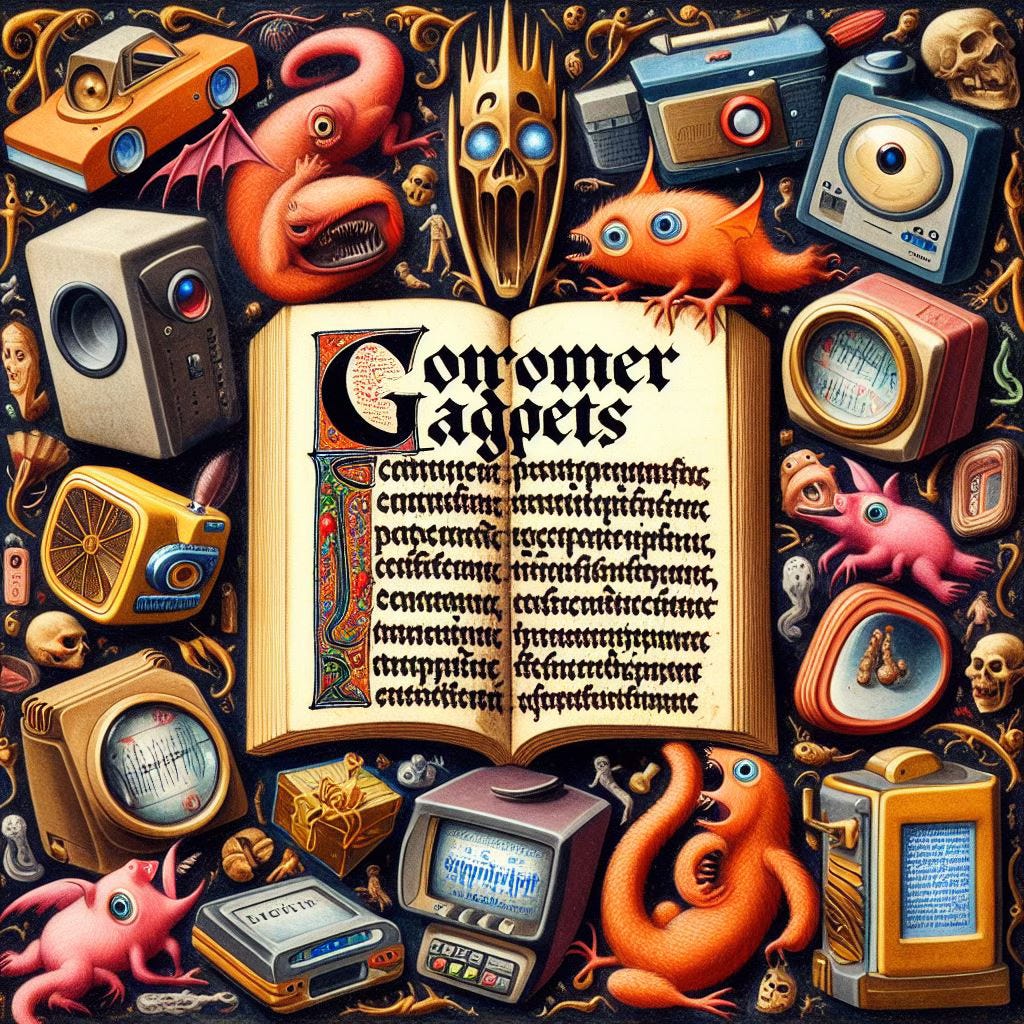Citizens as aliens & amateurs
Introduction post 10 of 10
Good morning! In this conclusion to the book series’s introduction, we compare amateur culture with the alienation of consumer society, and we examine why when we act or speak as amateurs in public spaces, we assert a new community from which we experience no alienation. We also return briefly to our friends, the political scientists. To access the other posts that make up the introduction to Political Devotions, click its subtitle’s post number: 1, 2, 3, 4, 5, 6, 7, 8, 9, and 10.

While Roland Barthes and I may disagree about the importance of “dominant ideology” (see yesterday’s introductory devotion), Barthes supplies my introduction’s final encouragement to my fellow citizen-amateurs.
Barthes describes an amateur as “a liberation, I would almost say a liberation from civilization.” Civilization, Barthes points out, encourages us to act within the confines of images we would project of ourselves acting. Jesus seems to speak to would-be amateurs when he cautions us not to herald our good deeds; those who herald themselves “have their reward already.”1 Specialists—even specialists who challenge the status quo—often are honored by the status quo the way martyrs are eventually honored in statuary, in lifeless images that excuse the status quo. Barthes, though, imagines “a society to come, completely de-alienated, that would no longer know anything except amateur activity . . .”2 When we act or speak as amateurs in public spaces, we assert a new community from which we experience no alienation.
As citizens, we act as aliens,3 seeking another country—not another place, but public space that takes us, maybe for the first time, to the place we may have always lived.4 This hope of earth-bound New Jerusalem teaches us that, until justice reigns, citizenship is a subversive activity.
The opposite of such a society of amateurs—the opposite of Barthes’s “utopia” that I associate with New Jerusalem—is what he calls “a consumer society.” Consumers, Barthes points out, are alienated from what they consume. By contrast,
Contact between the amateur’s body and his art is very close, imbued with presence. That’s what is beautiful about it, and that’s where the future lies.5
In a consumer culture, politics arrives at our door in prepackaged ideologies, and our lack of public space makes it tempting to pick an ideology, rant or despair on cue, and stay inside. For those of us wishing to discover our public lives, though, Barthes’s observation calls for us to practice what historian Timothy Snyder calls “corporeal politics.” Creating public space starts by leaving home, Snyder points out: “. . . people must find themselves in places that are not their homes, and among groups who were not previously their friends.”6 To use Barthes’s phrase, public space is “imbued with presence,” so our bodies must touch our art.
I’ll close this introduction with a nod to the political scientists whose insular practice I opened by criticizing and whose work I cite throughout these devotions. I’m sure many of them would find in my work what Wolin says Montesquieu found in his eighteenth-century French society: “incongruities and surprising conjectures.”7 In my extensive footnotes, therefore, I’ve tried to follow Aldo Leopold’s advice to his fellow amateurs: “the first step to intelligent tinkering is to save all the pieces.”8
This is the last of ten posts that make up the introduction to Political Devotions: A Year in Public Spaces.
Matthew 6:1-2 REB.
Barthes, Grain of the Voice, 217.
The idea of alien-citizens seems implicit in Leviticus: “You shall not oppress the alien. The alien who resides with you shall be to you as the citizen among you; you shall love the alien as yourself, for you were aliens in the land of Egypt: I am the Lord your God.” Leviticus 19:33 (NRSV).
The idea, I think, is T. S. Eliot’s: “We shall not cease from exploration / And the end of all our expiring / Will be to arrive where we started / And know the place for the first time.” Eliot, “Little Gidding,” 59.
Barthes, 217.
Snyder, On Tyranny, 83-84.
Wolin, “Montesquieu and Publius,” 106.
Quoted in Kimmerer, Braiding Sweetgrass, 330.



